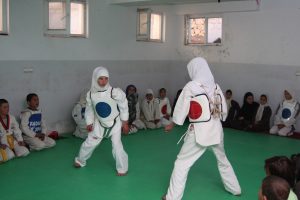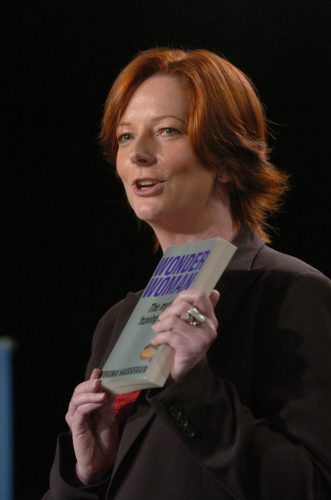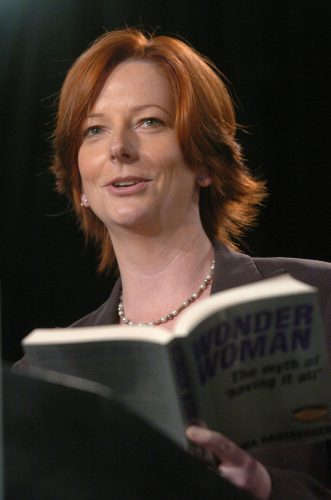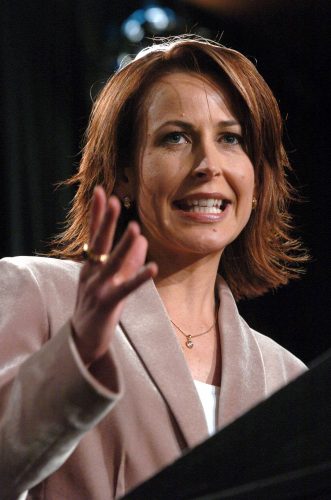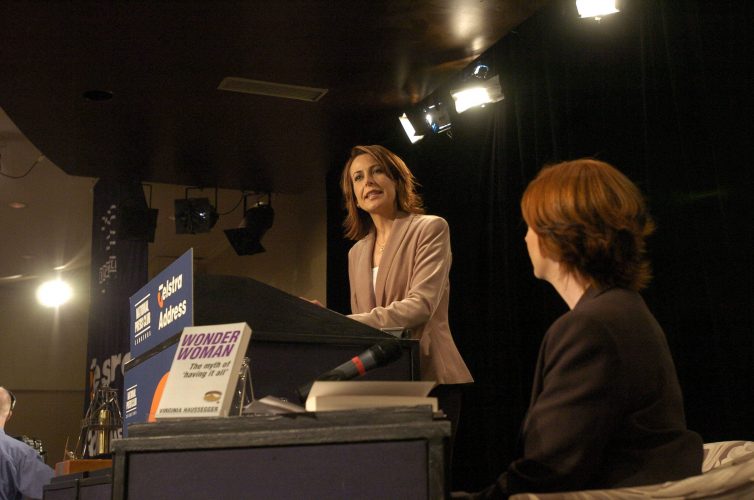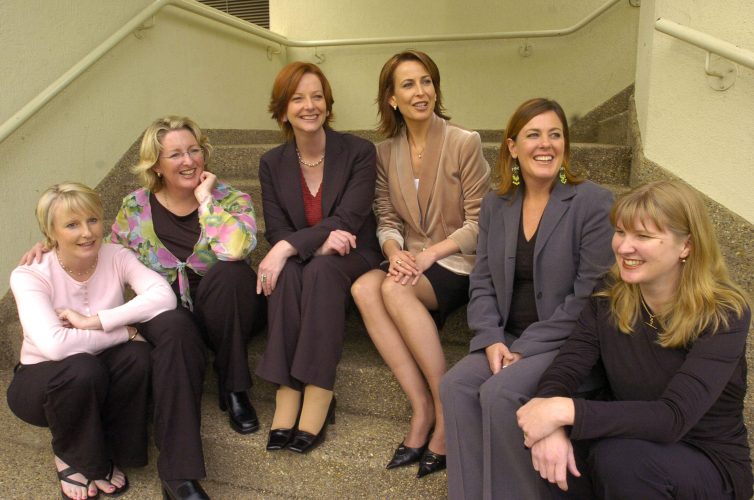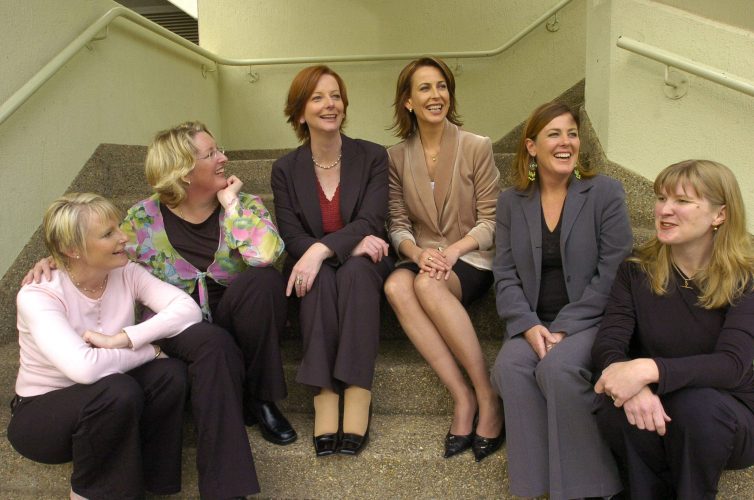I’ve never been one to cheer a fight. And I’ve never urged a girl to pick one. But this moment was different. We were a world away, in Afghanistan, in the basement of a crummy building in Kabul, one of the few in the block that hadn’t collapsed from bombing.
The event was a tae kwon do championship for boys. A small huddle of them, in tatty white uniforms, cheered on a tiny kid as he sparred one-on-one with a bigger, taller boy. Suddenly the little kid dropped to the floor, after coping a foot in the face. Within moments he was in tears. And that’s when the unthinkable happened. A young Afghan girl – the only girl in the room – ran over to the weeping boy, squatted down in front of him and spoke gently. She put her hand on his shoulder as he tried to bury his face in his sleeve.
Then she stood up, marched over to the event organisers – a formidable line of men sitting in plastic chairs – and began waving her arms and raising her voice as she let everyone know she was cross.To see a little Afghan girl stand up to anyone is a sight to behold. But to see 11-year-old Najeeba do it was fascinating. She is an orphan. And a girl. Yet here she was demanding the right to fight the boy who just decked her little brother.
This sort of scene was not only unthinkable in Afghanistan 10 years ago, it was utterly impossible. No girl would have behaved like this. Much less a girl trained in tae kwon do, who was bruising for a fight. But little Najeeba might just be the face of hope Afghanistan so desperately needs. And the extraordinary thing is – her fighting spirit has been nurtured and encouraged by Australia.
Last Wednesday foreign journalists in Kabul filed in to the headquarters of UNAMA, the United Nations Assistance Mission in Afghanistan. The occasion was the release of yet another report on the Afghan tragedy. This one, titled Human Rights Dimension of Poverty in Afghanistan, provided particularly grim reading.
The figures are shocking. A third of the population lives not just in poverty, but ”absolute poverty”. The rates of death among pregnant women, mothers and children are close to the highest in the world. Poverty in Afghanistan is continuing to force young women into domestic and sexual slavery, with up to 80 per cent of females submitting to forced marriages.
Over half the female population marries before the legal age of 16, some as soon as they begin menstruating, as young as nine years old. One Afghan activist told me of a family she knew who promised their three-year-old daughter in marriage, in exchange for a dowry of food. It would seem poverty crushes everything – even parental instinct and care. In a sobering moment at Wednesday’s UNAMA press conference, a journalist pointed out that the gap between the rich and poor in Afghanistan is widening.
And one only need drive around inner Kabul to see that on display. On my visit last year I was staggered to discover that the Afghan capital had some of the most expensive rental accommodation in the world. In some quarters the place would appear to be awash with foreign money. Yet sadly, shockingly, Afghanistan is dripping with opportunists with dirty, greasy palms.
Therefore it comes as no surprise to read in the UNAMA report that the billions of donor dollars spent and all the efforts to reduce poverty ”have had little impact on the daily lives of most Afghans”.
But it was the report’s conclusion, ”A key driver of poverty in Afghanistan is the abuse of power”, that made me think of young Najeeba. Her sense of personal power and her right to exert it is clearly lodged in her own mind. How else could she take on Kabul’s tae kwon do authorities and the boy who beat her little brother? And it’s not as if that was a one-off.
This week I received the sweet news that Najeeba had won a gold medal in the local tae kwon do championship.
So how does a young Afghan girl find this kind of strength and courage? How could an orphan from a horrible background of family death and torture rise up to assert her own power, in the face of unquestionable patriarchy? And if she can do this, what might she be capable of as she grows bigger, stronger, and wiser?
Najeeba is one of 120 orphans living at Hope House on the outskirts of Kabul. Run by the Australian charity Mahboba’s Promise, it’s an unusual little oasis where once-destitute street kids are being brought up with a strong dose of Aussie spirit and a love of sport.
Thanks to Australian sponsorship, all the girls learn tae kwon do and are taught to stand up for themselves and speak out. In a nation of traumatised citizens, little girls like Najeeba are emerging as beacons of hope for Afghanistan. I’m just grateful that Australia is playing a role in their destiny.
